
Systemic changes are required for the world to achieve food security without further pressure on our shared resources. Stable access to food, better nutrition and sustainable food production and a more even distribution of food resources must be put in place so that more people can live an active, healthy life.
The following is a selection of our investments in sustainable food production:
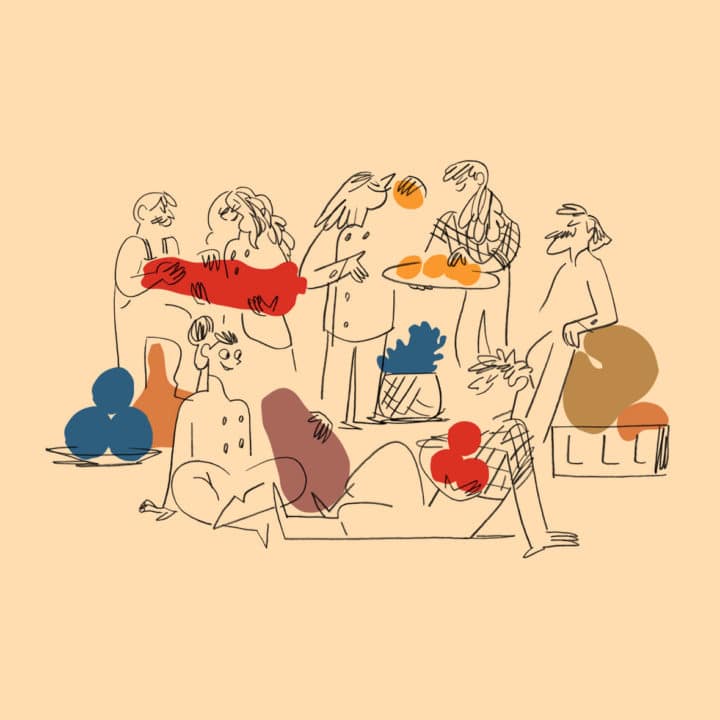
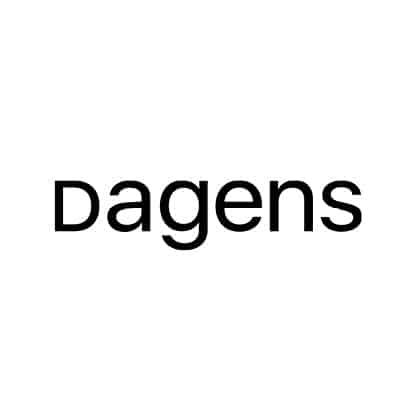
Dagens is a digital platform for direct trade of local, seasonal produce between farmers and chefs.
Dagens enables responsible food production on nature’s terms economically viable. The company’s supply chain cuts costs and middlemen, ensuring better earnings for the farmers and local, high-quality produce for chefs. With less admin, transport and coordination headaches – there is more time to grow and cook.
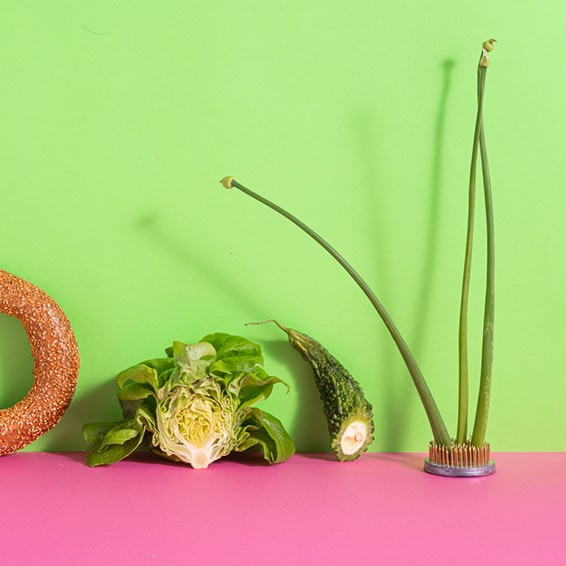
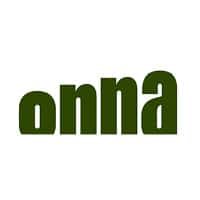
Onna is building Norway’s first large-scale vertical agricultural facility. The goal is to grow 350 tonnes of lettuce and herbs each year. Everything is grown in water and completely without pesticides.
Vertical agriculture is a method of sustainable food production that leads to reduced imports, transport and food waste. Vertical growing provides more efficient use of resources and land, in addition to the fact that indoor cultivation is independent of seasons and weather, enabling year-round production.
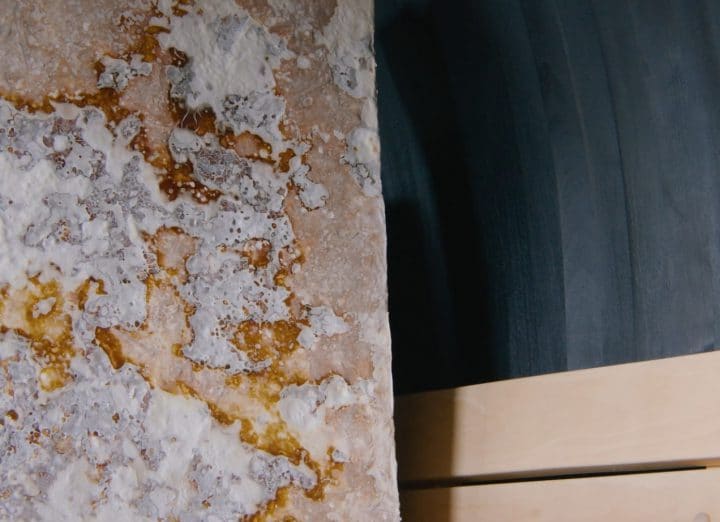
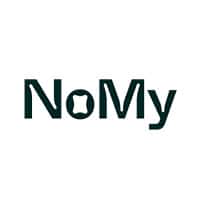
Norwegian Mycelium (NoMy) is a Norwegian technology company creating next-generation foods, feed and materials through advanced fermentation science. By combining the root structure of fungi (mycel) with other types of natural raw materials, the company develops sustainable products such as biomaterials and new protein sources.
The goods being developed can be produced locally, without the need for arable soil, without chemicals, and with a fraction of the carbon footprint of conventional products.
The company aspires to become a leading player in the transition to a circular and bio-based economy.
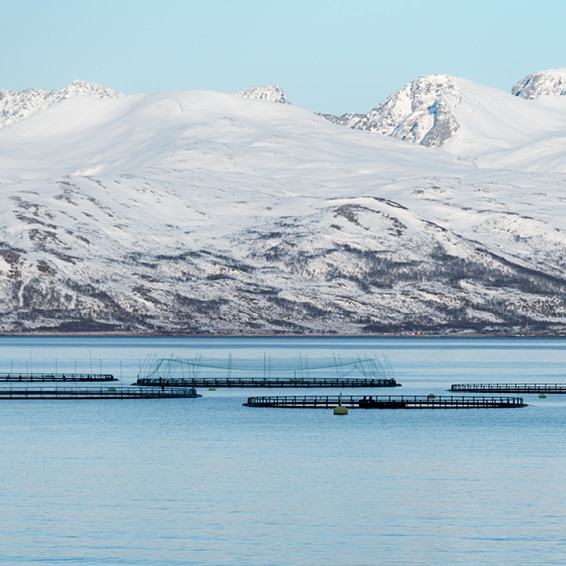
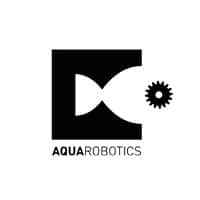
Aqua Robotics seeks to improve fish health in fish farms around the world. The Norwegian company develops technology that improves the aquaculture industry by ensuring environmentally friendly cleaning, lower costs and better productivity.
The company’s robot-based “HALO” system is the first fully automatic system for cleaning fish farming nets. Some of the advantages are better fish welfare, low energy consumption, as well as lower costs of maintenance and replacement of cages.
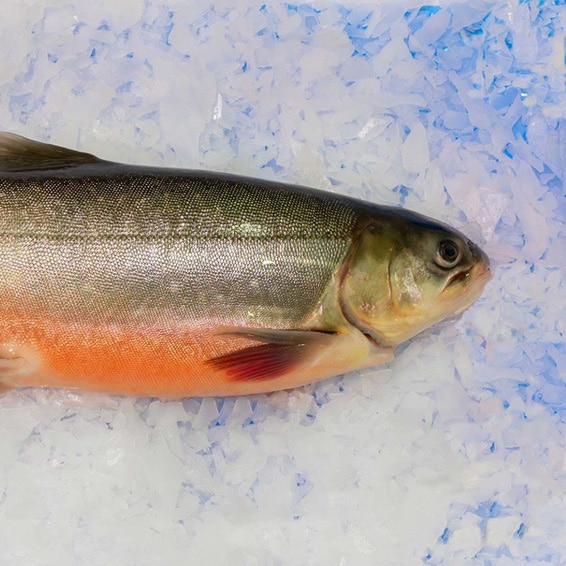
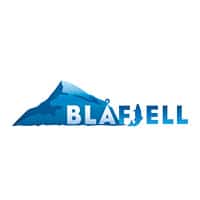
Blåfjell is a pioneer in land-based arctic char farming. The Norwegian company has established a full-scale RAS facility for environmentally friendly fish farming in Lierne. The plant is designed to produce large quantities of fish with relatively low water consumption, and where more than 99 per cent of the body of water is reused.
The main market for Blåfjell is the European restaurant market, and sales are increasing. The company has a licence for 975 tonnes MTB, which allows for current production to be increased tenfold, to 3,800 tonnes per year. The signal from the market indicates that demand will outstrip the capacity of today’s facilities, and Blåfjell therefore has a plan for expansion through several stages of construction.
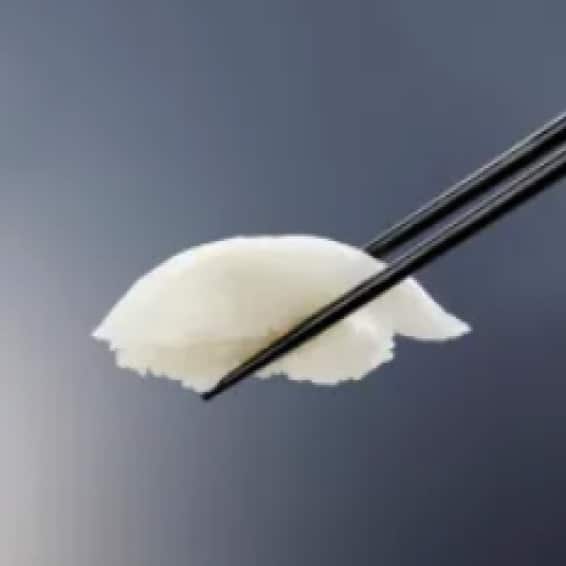
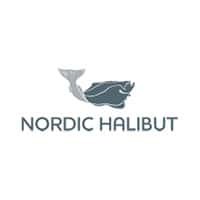
Nordic Halibut is a world-leading breeder of halibut, founded by a group of local enthusiasts in 1995. The company promotes responsible aquaculture, with a desire to have a positive impact on the environment, health and local communities.
The vision is to provide halibut of superior quality through a focus on fish welfare, sustainability, innovation and research.
Nordic Halibut is located on the Norwegian coast, with five sites between Bergen and Averøya. The company has full control of the production process from eggs to fish of harvestable size, and has fish available on ice all year round.
More of our investments